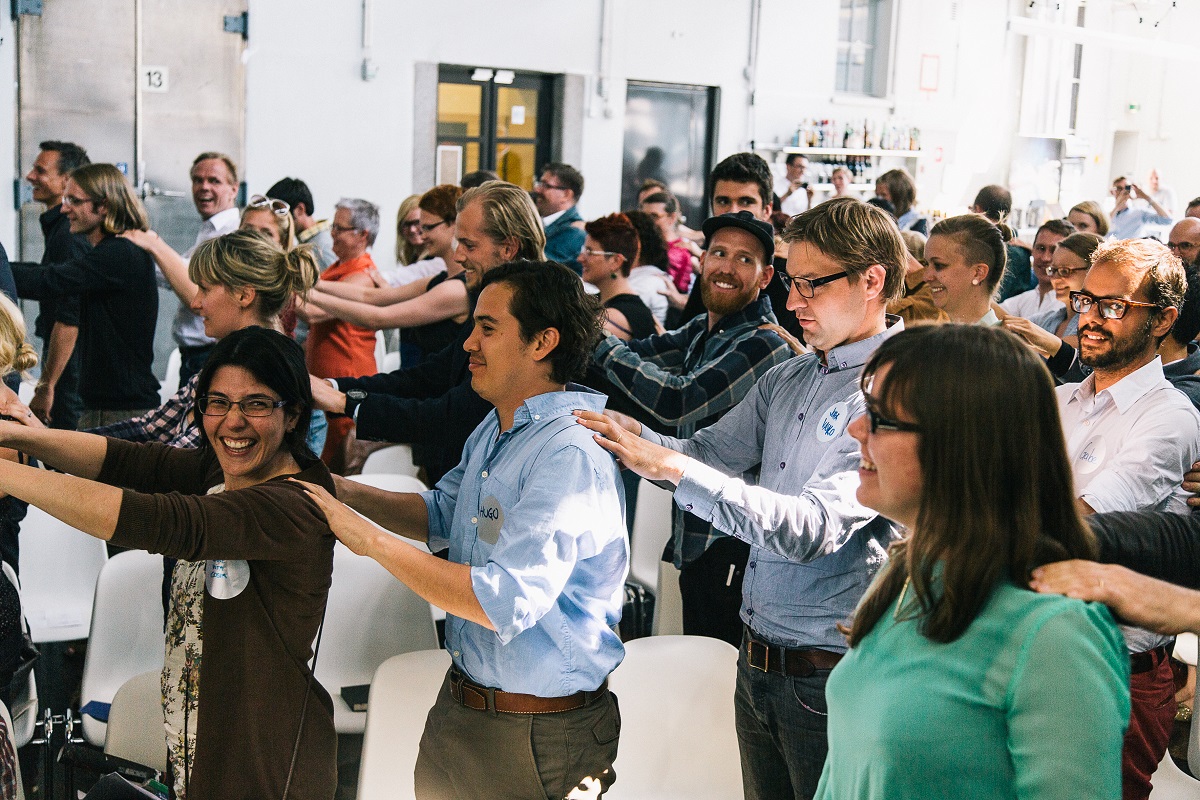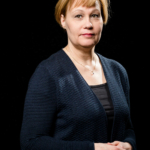Five municipalities have engaged in the two-year development and testing of an employee-driven approach to productivity improvement. The results have exceeded all expectations: productivity improved by 2.7 million euros or almost 1 000 euros per employee per year. In addition, a quality-enhancing cultural transition was completed in a short time, fostering new practices that will benefit the everyday work of local organisations.
The aim of the “Productivity from Quality of Work Life (LATU) project” was to improve the quality of working life for employees, while enhancing the leadership of working communities and enhancing productivity. This was to be achieved by embedding development based on working life innovations in everyday activities. Five municipal organisations took part in LATU: Hollola, Lieksa, Masku, Punkalaidun and Siikajoki. A total of 3 180 employees, representing the full range of local authority sectors, were involved in the project.
For two years, the participating councils were engaged in the development and practical testing of various employee-driven productivity improvement initiatives. The results were so positive, that all five organisations decided to continue using the new practices in their everyday work.
Combining development efforts with strategy and decision-making processes leads to permanent improvements that are beneficial both to staff and local finances. The assessment report shows that adopting a broad-based approach for the project contributed significantly to its success – in place of a focus on specific sectors, activities were comprehensively developed at municipal level.
In Siikajoki, for example, significant savings were achieved by making changes to the progressive care system for elderly people, in order to avoid unnecessary transfers of residents between care facilities. Special attention was paid to quality of life, and a friendship service was launched with the help of volunteers.
“In Hollola, brainstorming within various sectors generated an abundance of development ideas. The clear benefits of the resulting measures included easing the municipality’s financial burden and avoiding lay-offs,” says Päivi Rahkonen, the mayor of Hollola.
The lessons learned and the LATU project’s practices can easily be applied by any Finnish municipality. A productivity improvement in public service production of 0.5 per cent would mean a reduction of 1.4 per cent in the public finances sustainability gap.
“In Finland, we cannot afford to ignore employees’ ideas on how to develop our practices, if such ideas lead to productivity improvements,” says Director of Development and Human Resources Helena Mustikainen from Sitra. “Multi-professional co-operation is one area in which improvements could contribute to making significant savings in many activities.”
The LATU development model and assessment tools were developed for the evaluation of productivity improvements, service capacity and customer impact. In the future, these tools will be made available to all municipalities. Local authority employers are committed to the further development of the tools and methods created during the project, as well as their dissemination for use in other municipalities. Partners in the project include the Negotiation Organisation for Public Sector Professionals, the Negotiation Organisation for Medical Sector Professionals, the Union of Local Government Employees and Sitra.
Information about the publication
The models and guidelines of the LATU project have been compiled in the Finnish-language handbook Lupa tehdä toisin — Henkilöstölähtöinen tuottavuuden kehittäminen. The results of the project assessment are presented in the Tuottavuutta laatua parantamalla? report. Both works were published in Finnish on 10 June 2014.
Lupa tehdä toisin — Henkilöstölähtöinen tuottavuuden kehittäminen
Sirkka Auvinen, Vesa Auvinen, Miira Heiniö, Sisko Kärki, Seppo Lyyra, Kari Mattila, Leena Nousiainen, Mervi Porevuo and Heli Vähätiitto
ISBN 978-951-563-881-6 (PB)
ISBN 978-951-563-882-3 (PDF)
Tuottavuutta laatua parantamalla? – LATU-hankkeen arviointi. Sitran selvityksiä 78
Jussi Kleemola
ISBN 978-951-563-883-0 (PB)
ISBN 978-951-563-884-7 (PDF)
The ideas generated in the final workshop of the LATU project reflect the enthusiastic attitude towards this novel development culture.
- Productivity and quality of working life – what a great pairing!
- Employees have development skills – so let’s make use of them.
- A revolution, a miracle – power pushed down to everyone!
- Social welfare and healthcare reform requires an employee-centric approach.
- Engage employees in development efforts, rather than laying them off.
- Each one of us is the best expert and (development) consultant with regard to his or her own job.
- Quality consultants are nearer to hand than you realise.
- Trust = give your employees permission to engage in development activities. It produces results (€).
- Stop complaining and start delivering.
- Enhancing the quality of working life has a positive impact on well-being.

